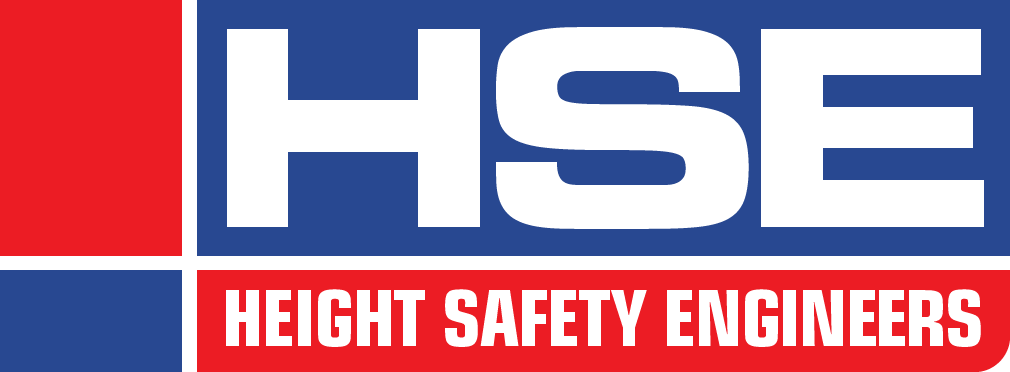This course covers the skills and knowledge required to operate and maintain breathing apparatus and equipment in an irrespirable atmosphere, as defined by the Australian Standard AS/NZS 1715:2009 Selection, use and maintenance of respiratory protective equipment

This course covers the skills and knowledge required to operate and maintain breathing apparatus and equipment in an irrespirable atmosphere, as defined by the Australian Standard AS/NZS 1715:2009 Selection, use and maintenance of respiratory protective equipment.
Breathing apparatus may be required when working in areas where the atmosphere is hazardous to breathe. Common scenarios when breathing apparatus include firefighting, emergency response, working in certain confined spaces and other hazardous environments.
This course covers all aspects of the correct use of breathing apparatus. It includes skills and knowledge regarding hazard assessments and the dangers of different types of atmospheres.
The course also teaches participants how to correctly inspect and test breathing apparatus equipment, and its use when working in dangerous environments with an irrespirable atmosphere.
Please note participants in this course must be clean shaven in order to complete the practical component of the training. Not being clean shaven may result in a participant being unable to adequately complete the training course.
Course Objectives And Content
Legislative requirements.
Hazards.
Communication.
Work instructions and safe operating procedures (SOPs).
Determine available working time in breathing apparatus.
Conduct pre-donning checks and tests on breathing apparatus.
Operate breathing apparatus.
Conclude operations in accordance with procedures, including cleaning and make-ready for operation use.
Height Safety Engineers have been in the business of protecting people for 20 years. Our mission is to provide industry best practice solutions, helping to maintain building compliance and work place safety.
Our accreditation
We have worked tirelessly to become one of the most credentialed height safety companies in Australia. We are dedicated to ensuring that everything we do exceeds industry best practice in every facet, and are dedicated to transparency and accountability in all parts of our work.
The National Association of Testing Authorities (NATA) has accredited HSE for compliance with ISO/IEC 17020 as a Type C Inspection Body.
The scope of our NATA accreditation is the broadest of any in the height safety industry in Australia. Through this accreditation, HSE’s clients can be assured that our testing and reporting on their height safety system is thorough, unbiased and completely independent.
Our team has also worked hard to gain certification in ISO 9001 Quality Management System and ISO45001 OH&S Management System.
Height Safety Engineers are also proud members of the Working at Heights Association of Australia. Through WAHA, we work with industry partners to help improve safety across all aspects of working at heights.
© 2025 coursetakers.com All Rights Reserved. Terms and Conditions of use | Privacy Policy